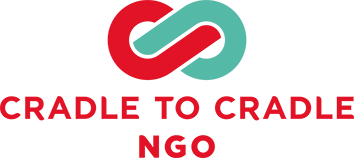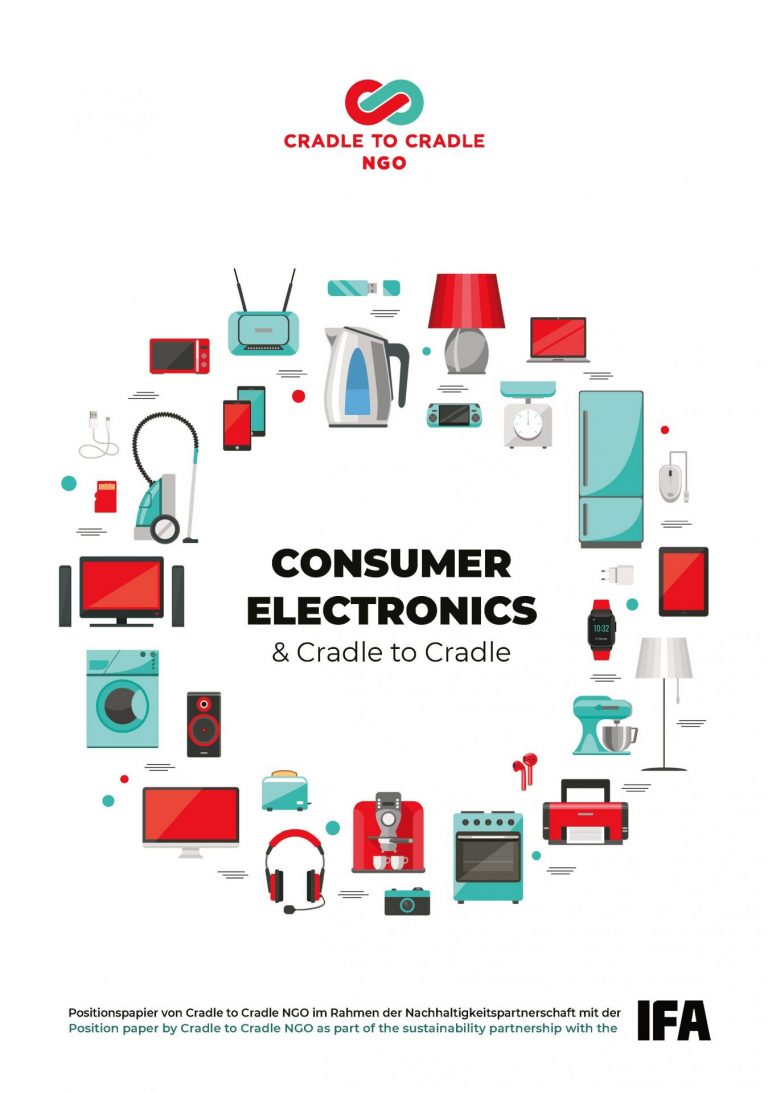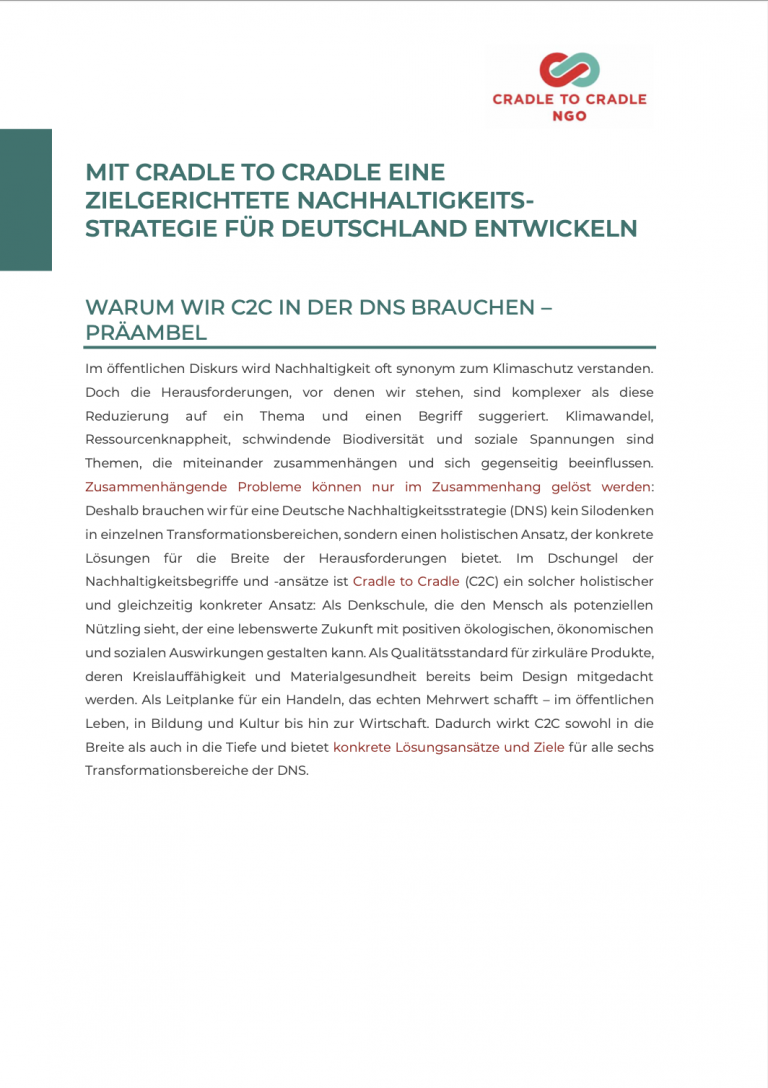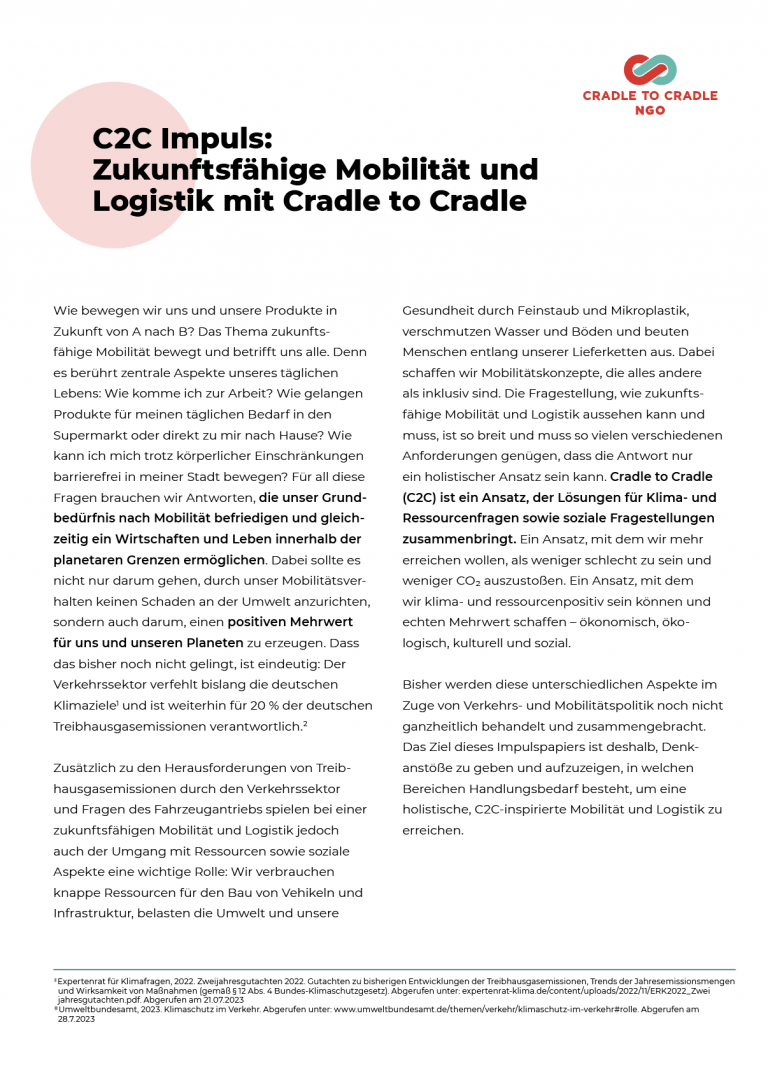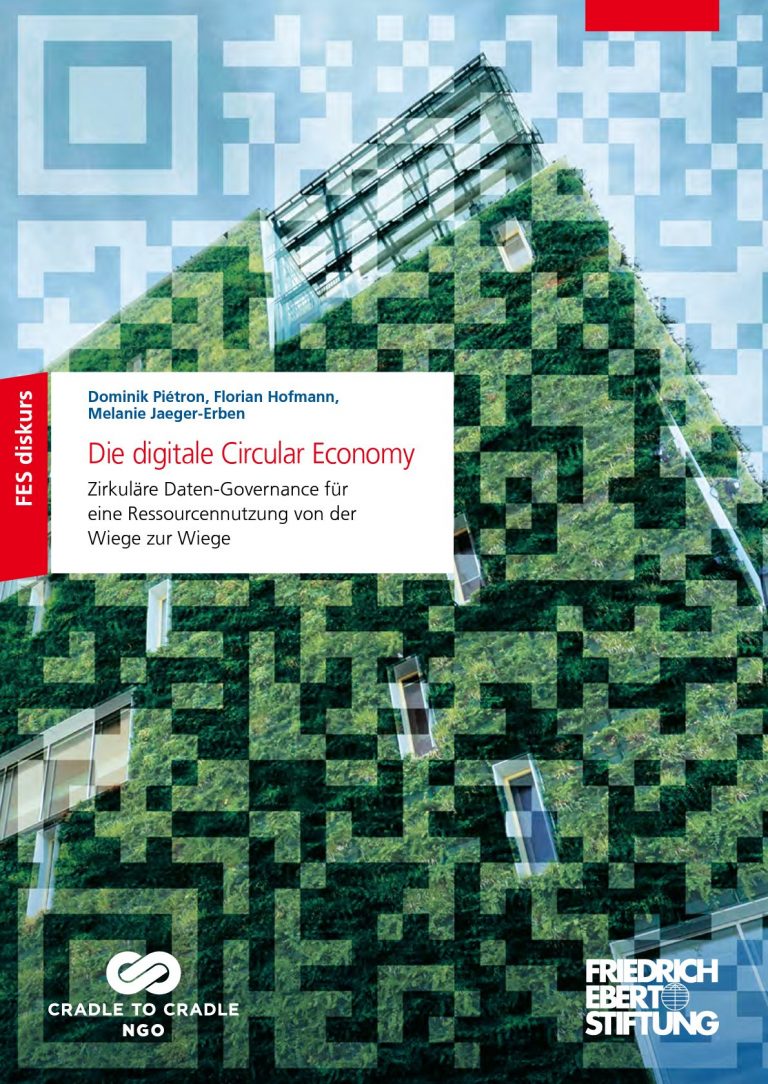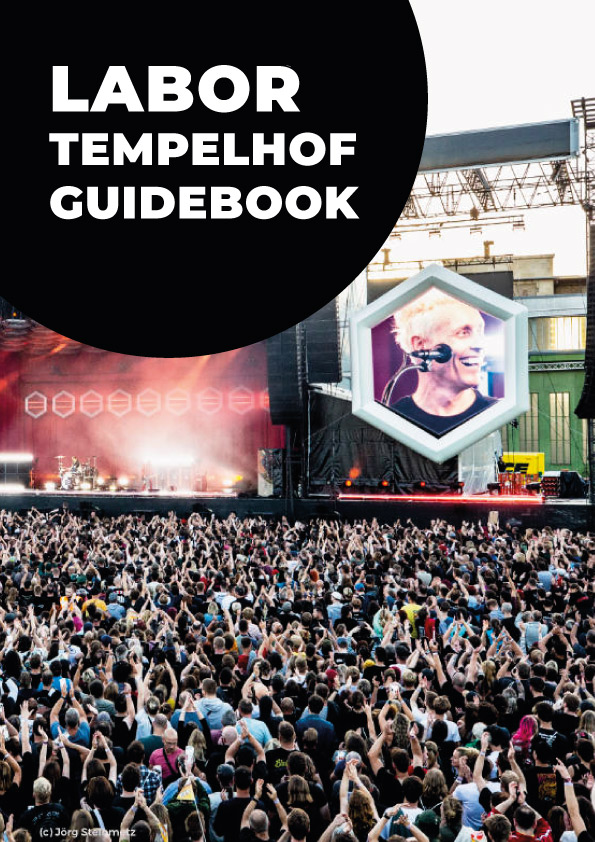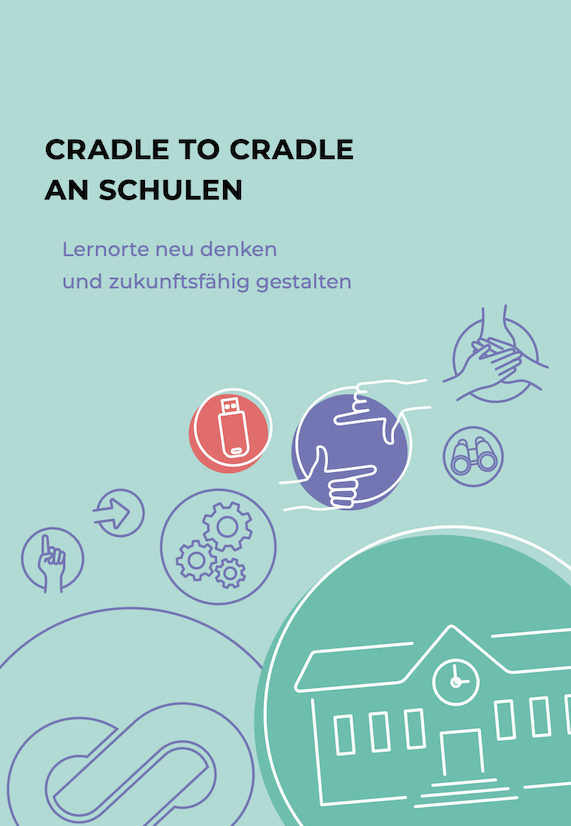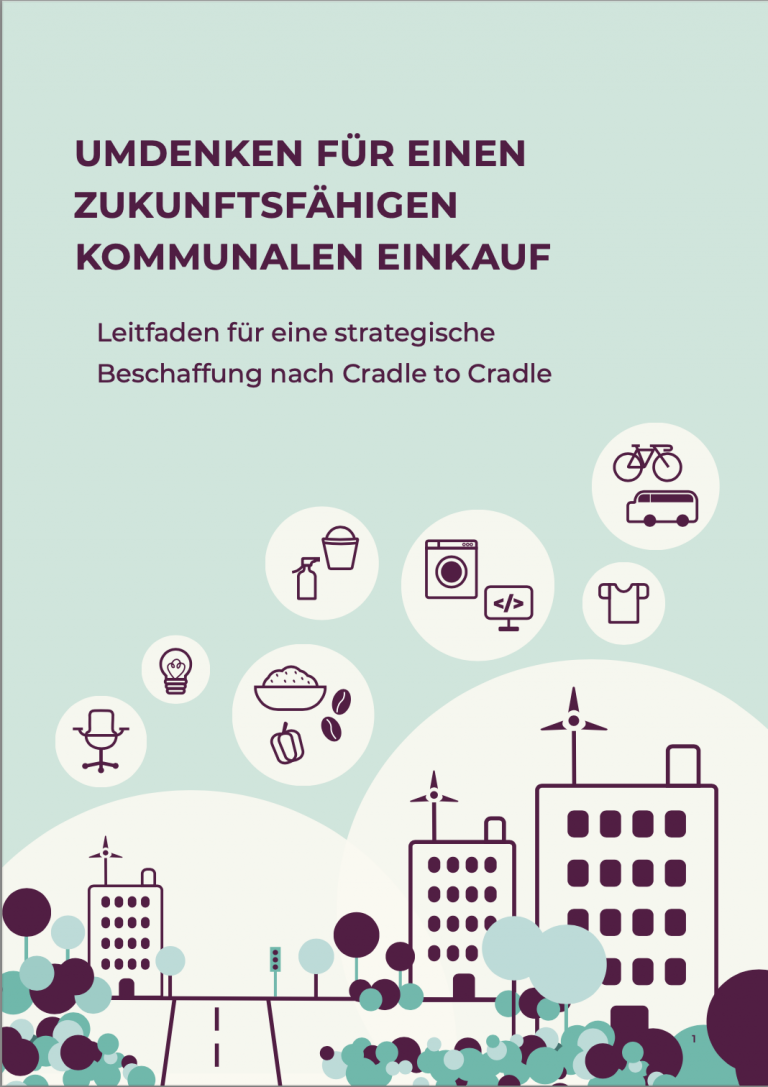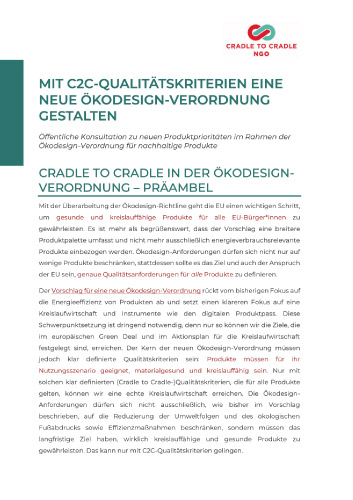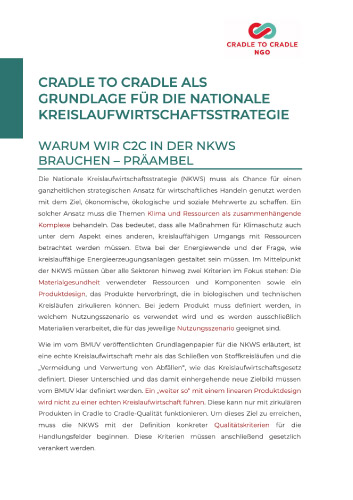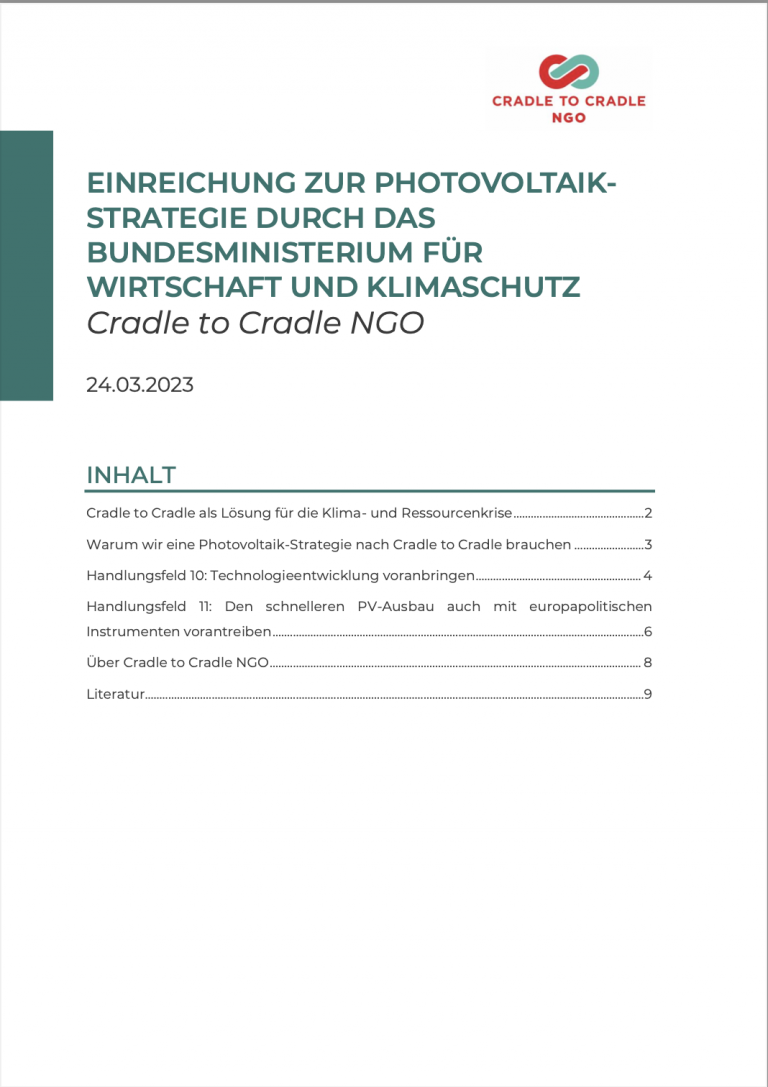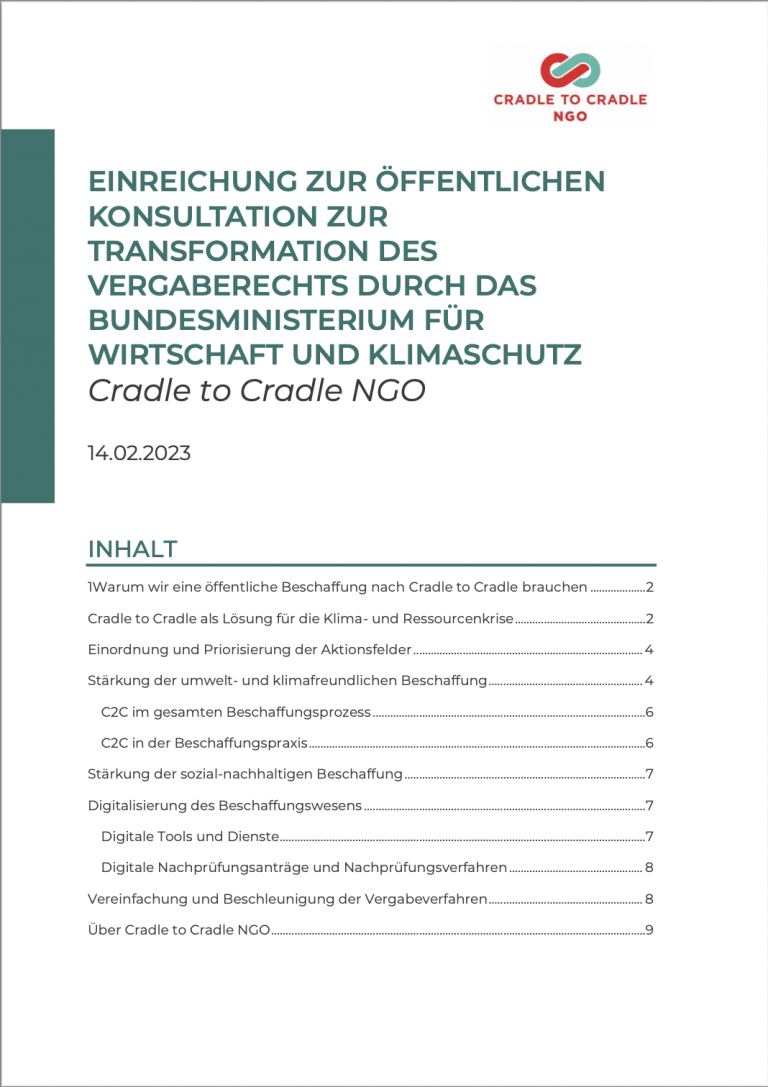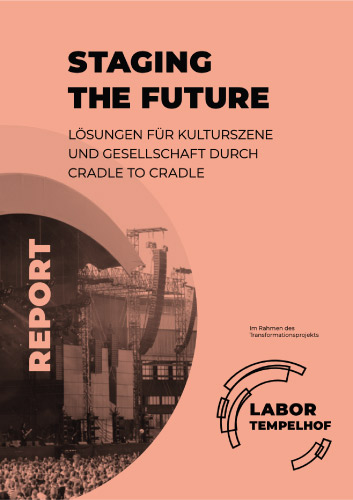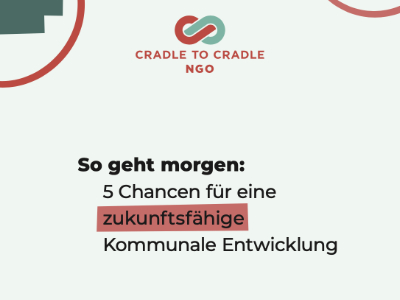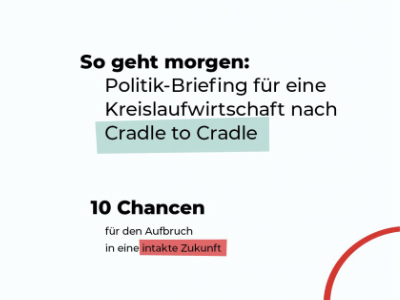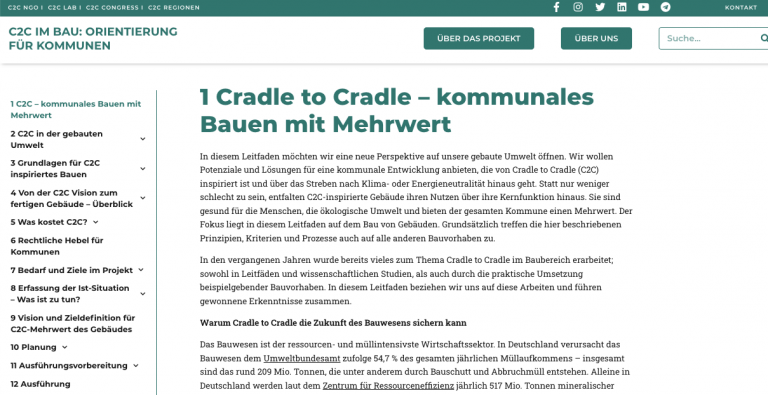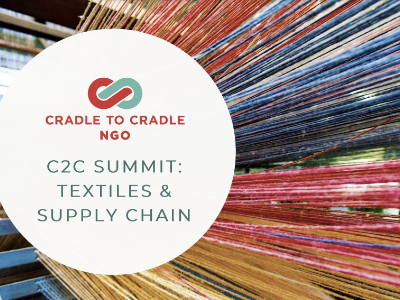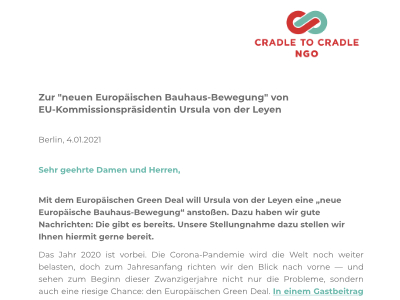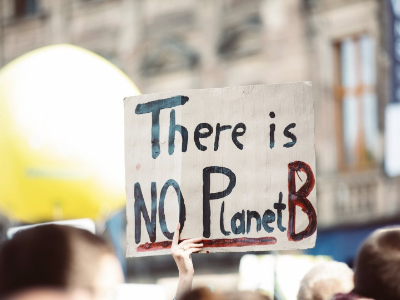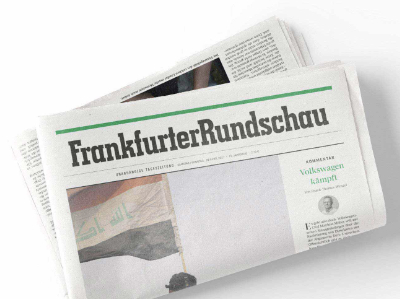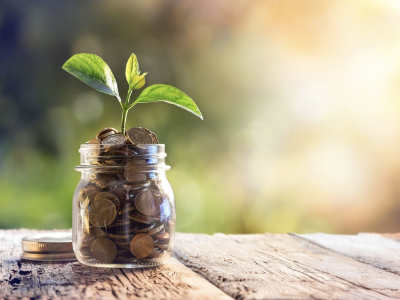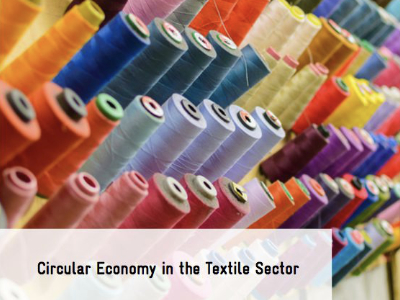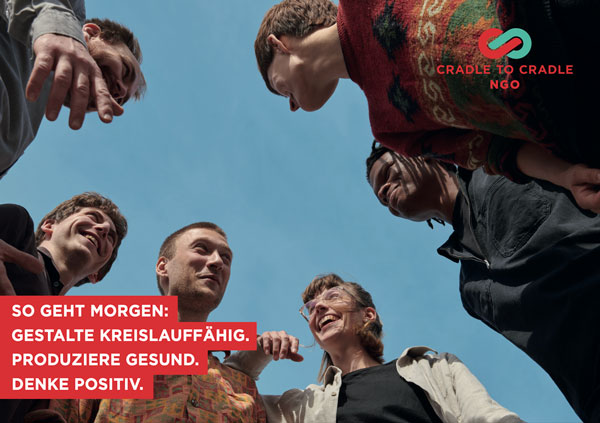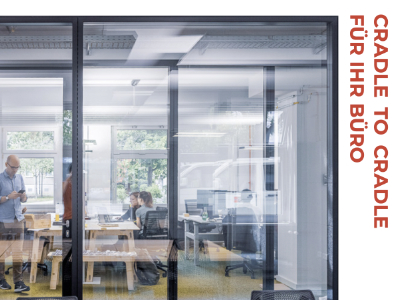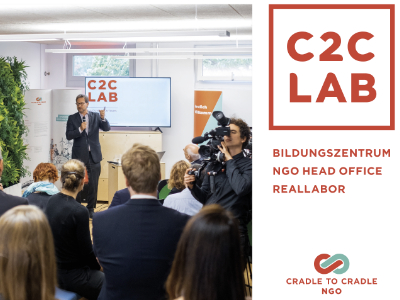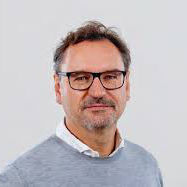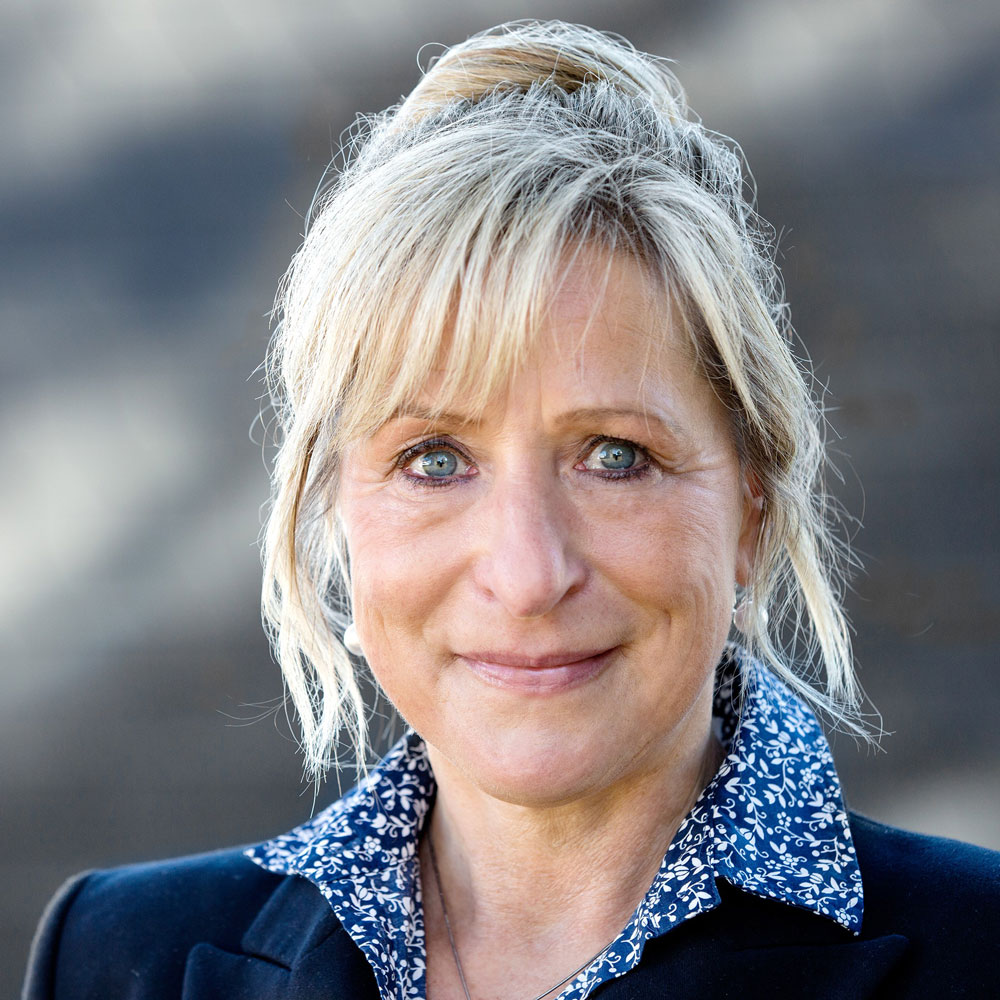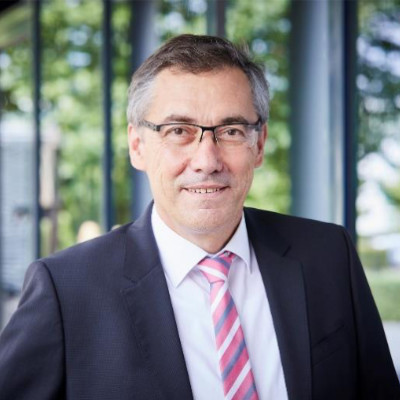Publications & Position Papers
Whether legislative amendment, climate strike, or C2C in the textile sector, we get involved in public and political debates and take a position. Always with the aim of shaping and accelerating the transformation towards a Cradle to Cradle world. Here you will find our statements, studies and information material.
Publications & Position Papers
Janurary 2026
With an annual procurement volume of approximately EUR 2.6 trillion across Europe — corresponding to around 15% of EU GDP — public procurement constitutes a powerful lever to create lead markets and, through its signalling effect, to shape norms and standards. Cradle to Cradle NGO welcomes the fact that the European Commission recognises the strategic importance of public procurement and, through the revision of the EU public procurement rules, seeks to fully harness its potential for achieving the European Union’s environmental, social and innovation policy objectives.
Janurary 2026
The action paper “C2C in Berlin-Pankow” brings together practical recommendations and concrete next steps for integrating C2C more strongly into the administrative processes of Berlin-Pankow as a holistic circular economy approach.
December 2025
What is Cradle to Cradle, who is Cradle to Cradle NGO and what are our goals?
In this brochure we introduce ourselves and give an insight into our work. We would like to motivate and invite as many people as possible to get in touch with us.
August 2025
Consumer and home electronics have become an integral part of our everyday lives. From smartphones and washing machines to refrigerators, they are with us, making our lives easier and driving innovation. With a turnover of almost 46 billion euros, they were a significant economic factor in Germany in 2024.
To date, the production of electrical appliances has followed a linear principle. They are manufactured, used and then mostly disposed of.
In order to sustainably meet the electronics needs of tomorrow and promote innovation in the consumer and home electronics sector, we need to fundamentally rethink the way we use resources. This position paper provides food for thought.
March 2025
When geopolitical signs shift, we in Germany and Europe must play to our innovative strength and lead forward-looking developments instead of reacting to facts created elsewhere.
Now is the time to create good framework conditions for a genuine circular economy and to further advance concrete measures, in cooperation with all political, economic and social sectors. With C2C NGO, we support politicians both in an advisory and expert capacity and offer you five ideas below on how you can actively shape a circular future according to C2C for the benefit of the people in our country.
December 2024
The National Circular Economy Strategy (NKWS) is a good start that introduces many targeted approaches and measures. We welcome the fact that the German government sees resource policy, climate protection, biodiversity, health and social policy as interrelated challenges. This is in line with our conviction that the circular economy strategy must be seen as part of a holistic strategy for the future of our society. However, the focus on reducing resource consumption cannot be the actual goal. After all, we will only have achieved a genuine circular economy when we no longer consume resources, but use them in such a way that they can be used again and again. In our statement, we encourage the current and future Federal Government to place this difference and the associated new vision at the heart of the implementation and further development of the NKWS.
July 2024
The German Sustainability Strategy (DNS) must be understood as part of a holistic future strategy for our society that sees resources, climate protection, biodiversity, the economy, social policy and health as interrelated challenges and develops measures and solutions accordingly. Cradle to Cradle NGO welcomes the fact that this fundamental understanding is emphasized at several points in the dialogue version. After all, interrelated problems can only be solved in context. This is why we do not need silo thinking in individual transformation areas for the DNS, but rather a holistic approach that offers concrete solutions for the breadth of challenges.
November 2023
In public discourse, sustainability is often understood to be synonymous with climate protection. However, the challenges we face are more complex than this reduction to one topic and one term suggests. Climate change, resource scarcity, dwindling biodiversity and social tensions are issues that are interrelated and influence each other. Interrelated problems can only be solved in context: That is why we do not need silo thinking in individual transformation areas for a German Sustainability Strategy (DNS), but a holistic approach that offers concrete solutions for the breadth of challenges.
September 2023
Climate change, resource scarcity, insecure supply chains, dwindling biodiversity, social inequality – we humans are facing a multitude of challenges that are closely interlinked. These global issues have a very concrete impact on our daily lives and our regional structures. Municipalities must increasingly address issues such as climate adaptation and sustainability in order to ensure that both urban and rural areas remain liveable in the future.
August 2023
How will we move ourselves and our products from A to B in the future? The topic of sustainable mobility moves and affects us all. Because it touches on central aspects of our daily lives: How do I get to work? How do I get products for my daily needs to the supermarket or directly to my home? How can I move around my city without barriers despite physical limitations? We need answers to all these questions that satisfy our basic need for mobility and at the same time enable us to live and work within planetary boundaries.
August 2023
Digital and circular economy policy must no longer be thought of in silos. The key to this also lies in stronger networking between the digital and circular economy communities. This study “The Digital Circular Economy” is the result of the project Digitalization and Circular Value Creation, which was carried out jointly by the Friedrich-Ebert-Stiftung and the Cradle to Cradle NGO in 2023.
August 2023
Three concerts, 180,000 people – and a lot learned!
The Tempelhof Laboratory project shows the extent to which climate- and resource-positive events can already be implemented today and where the limits of what is (currently) feasible lie.
What went well? Where were there challenges? We have evaluated these experiences, written them down and published them.
June 2023
There are many ways to bring C2C into schools. Starting with integration into lessons, through projects that transform the learning environment, to the commitment of the school community to new political framework conditions. This brochure provides an overview of the C2C concept and various ideas for practical implementation in order to become active for C2C in your own educational institution.
May 2023
This guide is aimed at stakeholders in the field of municipal procurement. The first section describes why socio-ecological, circular and innovative public procurement based on the Cradle to Cradle concept makes sense and is relevant. The second section deals with conducive structural framework conditions and starting points for Cradle to Cradle criteria as part of an award process. The final section provides assistance such as further literature and advice centers.
May 2023
With the revision of the Ecodesign Directive, the EU is taking an important step towards ensuring healthy and recyclable products for all EU citizens. It is more than welcome that the proposal covers a broader range of products and no longer exclusively includes energy-related products. Ecodesign requirements must not be limited to just a few products; instead, it should be the EU’s goal and also aspiration to define precise quality requirements for all products.
April 2023
The National Circular Economy Strategy (NKWS) must be used as an opportunity for a holistic strategic approach to economic activity with the aim of creating economic, ecological and social added value. Such an approach must treat the issues of climate and resources as interrelated complexes.
March 2023
We need an accelerated expansion of renewable energies and must use fully recyclable plants and promote service and performance models instead of the cheap sale of plants. The overall energy supply system in Germany and the EU is an enormous lever for initiating and advancing a socio-ecological transformation.
February 2023
With its large economic volume – 15% of Germany’s gross domestic product – public procurement is an enormous lever for initiating and advancing a socio-ecological transformation. We must use this lever if we want to make the economy and society fit for the future.
August 2022
July 2022
August 2021
April 2021
In this handout, we would like to open a new perspective on our built environment. We want to offer potentials and solutions for community development inspired by Cradle to Cradle (C2C) and going beyond the pursuit of climate or energy neutrality.
March 2021
The C2C Summit Textiles & Supply Chain with a focus on the Global South has shown that the global textile industry is facing fundamental change towards circularity and true sustainability.
January 2021
September 2020
Der Klimastreik am 25.9. wird die Politik, die Medien und die Gemüter bewegen — die meisten von ihnen in nur zwei Richtungen: Liebe oder Hass. As a Cradle to Cradle NGO, we argue beyond good and evil and observe the climate protests with mixed feelings.
May 2020
Die Coronakrise als Chance zu feiern wäre zynisch. Den Neustart, den sie verursacht, nicht für die Installation eines Updates zu nutzen, wäre fahrlässig.
September 2019
We dealt with the revision of the EU Waste Framework Directive and the EU Circular Economy Package, as well as the resulting amendment to the Closed Substance Cycle Waste Management Act.
January 2019
The concept of the circular economy is becoming increasingly important in the textile industry. This study examines options for establishing closed-loop fiber systems in the apparel and fashion industries.
NÄHRSTOFF MAGAZINE
Flyers
Problems can only be solved by those who have seen through them – this is what we promote through our educational work. C2C NGO networks business, science, education, politics and civil society.
In this exclusive collection, we describe which aspects
we have optimized in the C2C LAB and invite you to take inspiration from them for your own office space.
If you are interested in working with us, please contact us:
communication[at]c2c.ngo
October 2021
Handreichung – C2C im Bau: Orientierung für Kommunen
Our aim is to offer impulses, assistance and answers to questions that clients and, in particular, the public sector encounter in a C2C-inspired construction project. The content was defined, refined and deepened during workshops, interviews and writing weekends.
This guide was developed in close cooperation between the Nordakademie Foundation, Cradle to Cradle NGO (C2C NGO) and volunteers from the Building and Architecture Alliance (BBA) of C2C NGO. In addition, various experts supported the project team with technical contributions and in the review process. Gemeinsam und in Form eines Co-Creation-Prozesses haben wir nach und nach die Themen und die Struktur erarbeitet.
Die Handreichung ist nicht abgeschlossen. Sie kann und soll sich kontinuierlich weiterentwickeln, um Innovationen im Bereich C2C-Baustoffe und C2C-inspiriertes Bauen auch künftig abbilden zu können. Wir laden daher die Bau- und Immobilienwirtschaft sowie kommunale Vertreter*innen herzlich ein, sich daran zu beteiligen. Nehmen Sie für Feedback, Ergänzungen oder zum Austausch gerne Kontakt mit uns auf.
